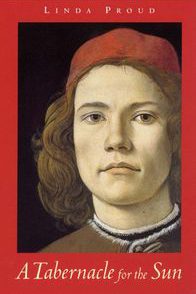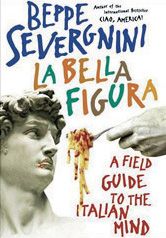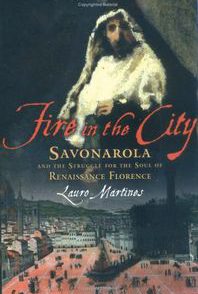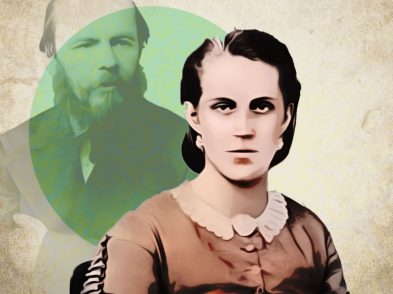I remember once being rather disappointed by the gallery of ‘modern’ art in Pitti Palace. After wandering around its corridors for an hour or two and finding mostly charming, if second-rate, 19th-century pastorals, I asked one of the attendants where all the modern art was. ‘But sir,’ he said, ‘it’s all around you.’ I wasn’t quite convinced by this idea of modernity and, with ominous visions of Enrico Poggi’s architectural faux-pas swimming in my head, I began to wonder what was at the heart of 19th-century Florence.
According to Sarah Benjamin’s life of Janet Ross, the heart of 19th-century Florence was vegetables. Or, more precisely, a pastoral retreat to the countryside, away from the cloying city, to the comforts of a kitchen garden and recipe books. So here are two books, one about vegetables and one about the remarkable lady who absorbed the culinary culture of Tuscany which taught her how to cook them. Janet Ross was a distinguished lady, in looks as much as intelligence, and the fine presentation of Mrs. Benjamin’s book demonstrates just how distinguished she was as well. It is full of good photographs, reproductions of portraits by eminent Victorian painters such as Leighton and Watts, and an eclectic selection of anecdotes from figures ranging from Virginia Woolf to Bernard Berenson. This all helps Benjamin to build up something of an Anglo-Florentine icon in whose life the unification of Italy, the final evolutions of the Grand Tour, and the experience of ex-patriot life in the late 19th century are all reflected.
Tracing Janet Ross’s tumultuous but generally pleasant life from the English countryside to Alexandria as a newly-wed, through financial disappointments to Florence, and there (from the city which had lost much of its old glory) to her final and lasting retreat in castle and kitchen, Sarah Benjamin is a sensitive and certainly affectionate biographer. She may get a bit carried away occasionally, even asserting that Mrs. Ross’s sketches of Tuscan life ‘proved to be some of the most durable written English in the late nineteenth century and arguably well beyond.’ But she writes charmingly and often incisively.
Turning the pages of the equally well presented cookbook, Leaves from our Tuscan Kitchen, you’ll find the biography a welcome and interesting complement. Some sense of the pastoral idyll in which sformato di verdura (baked vegetable cake) was laid out steaming onto a huge bare wooden table at the castle helps to conjure up the spirit of these recipes. They were conceived out of a direct participation in agricultural traditions which have changed little since Virgil wrote his Eclogues. In their simplicity of approach and respect for good produce delicately prepared, they are pleasant guides for good old-fashioned cooking. Michael Waterfield (Janet Ross’s great-great-nephew) seems to have done a good job of editing and supplementing the recipes, and Harold Acton provides another one of his eloquent prefaces.
So if the ‘modern’ galleries tire you out, open your copy of A Castle in Tuscany, take a leaf from the Tuscan Kitchen and whip up a nice vegetable stew whilst you read about the remarkable life of Janet Ross.







